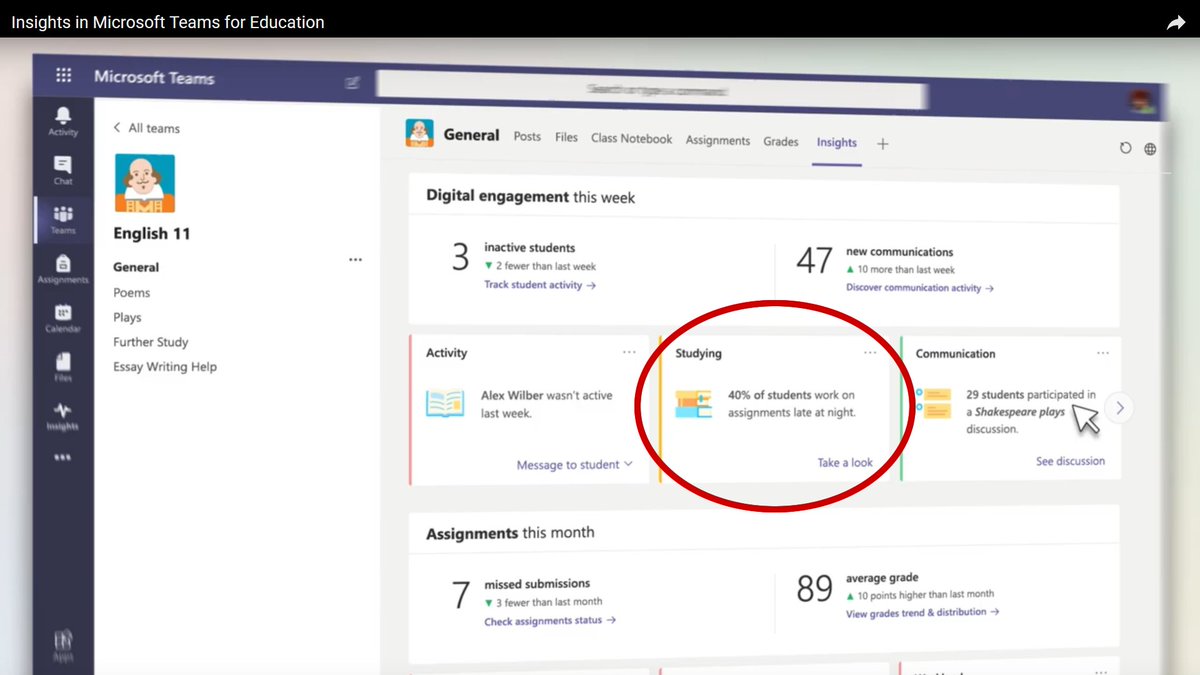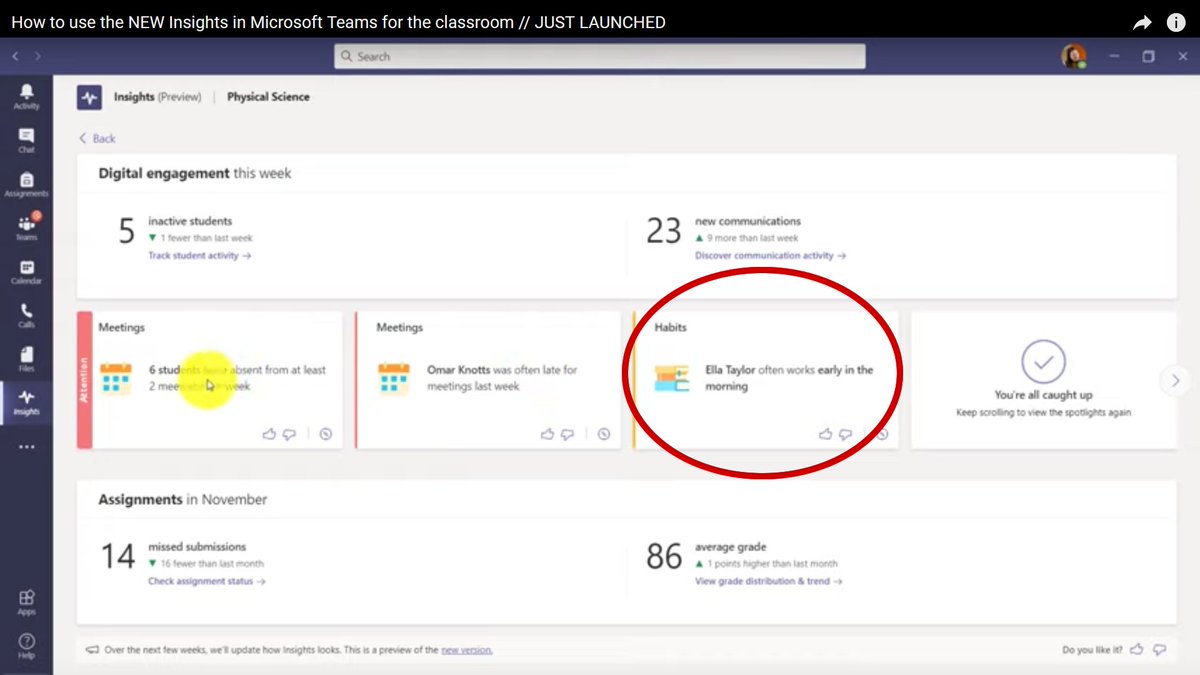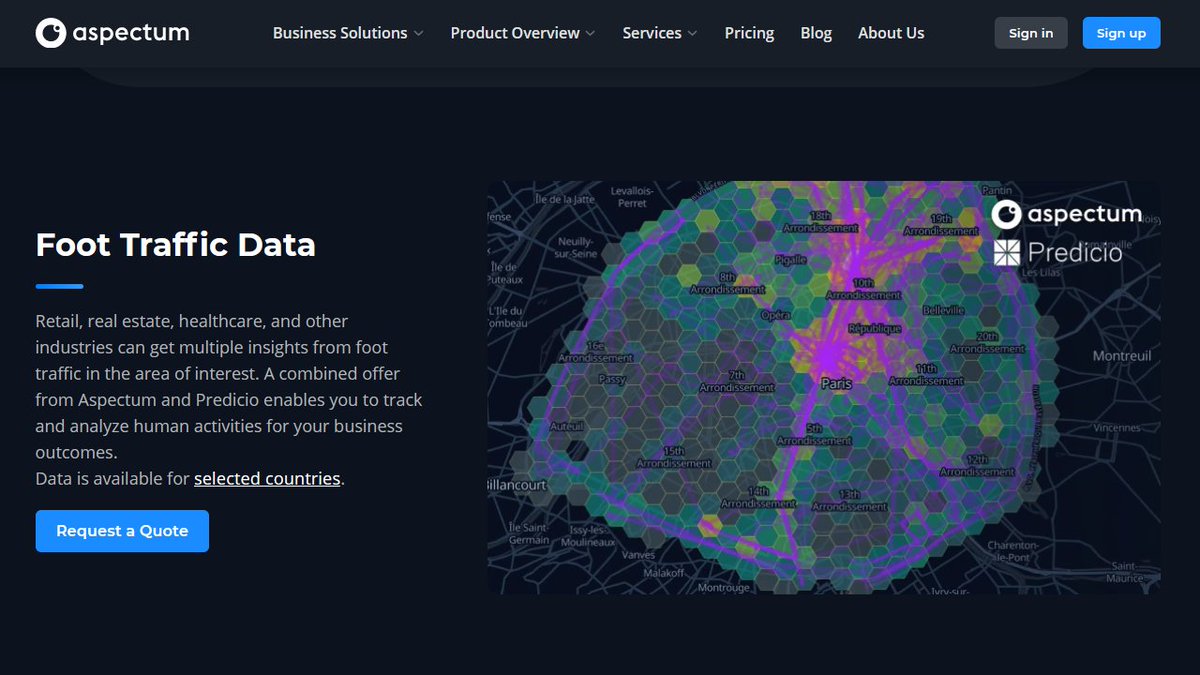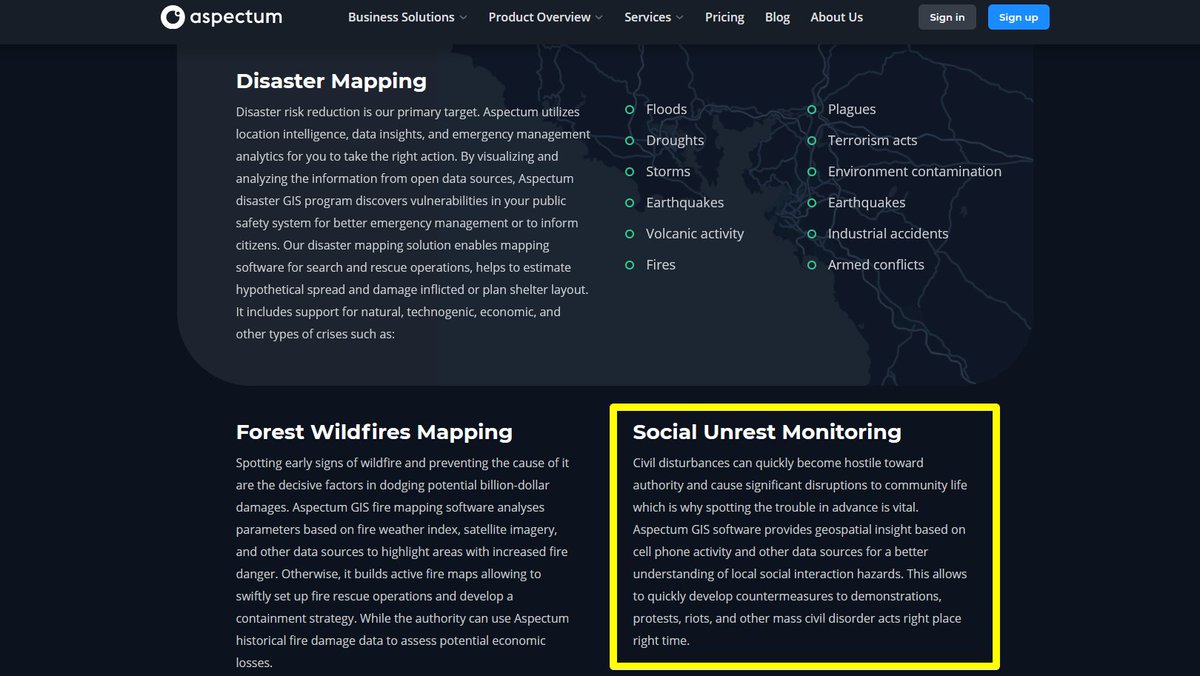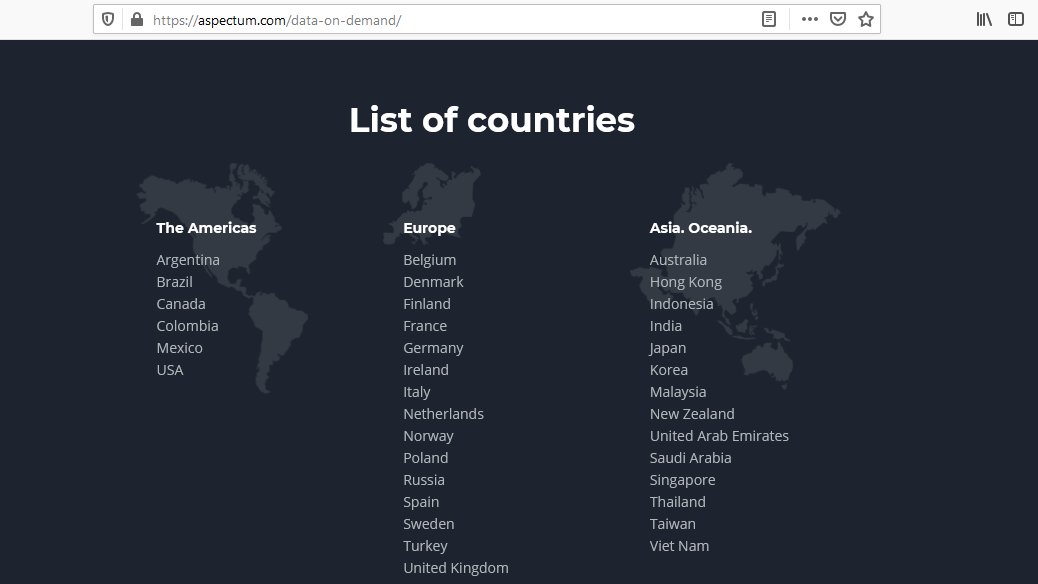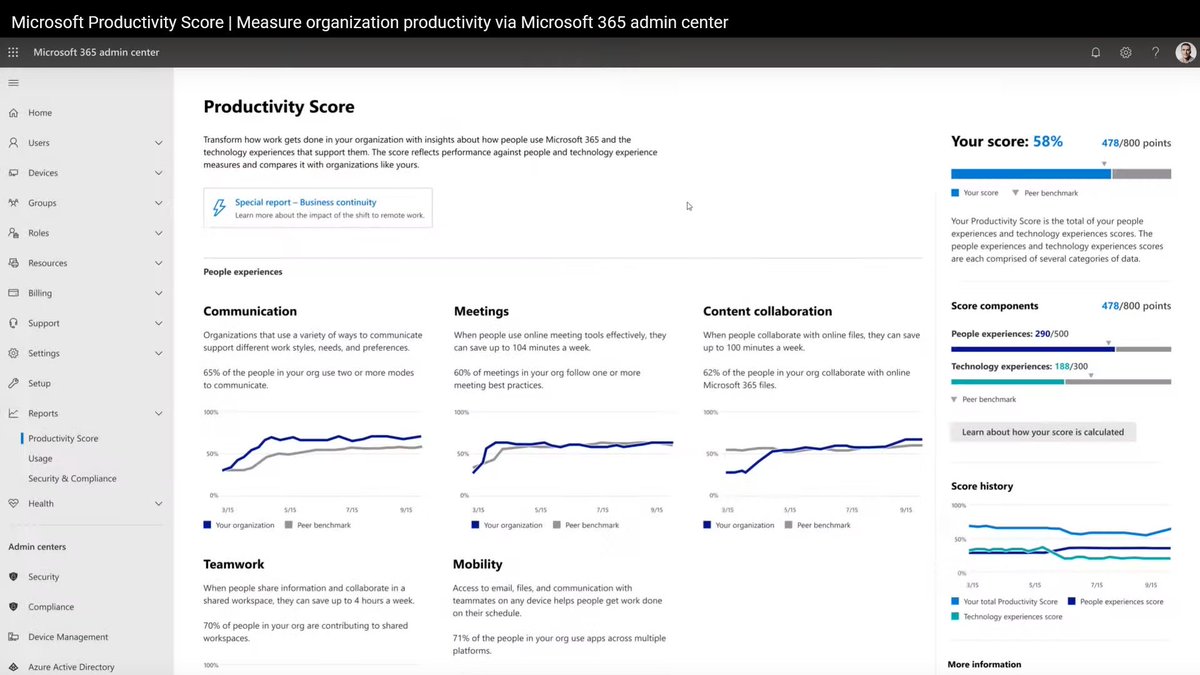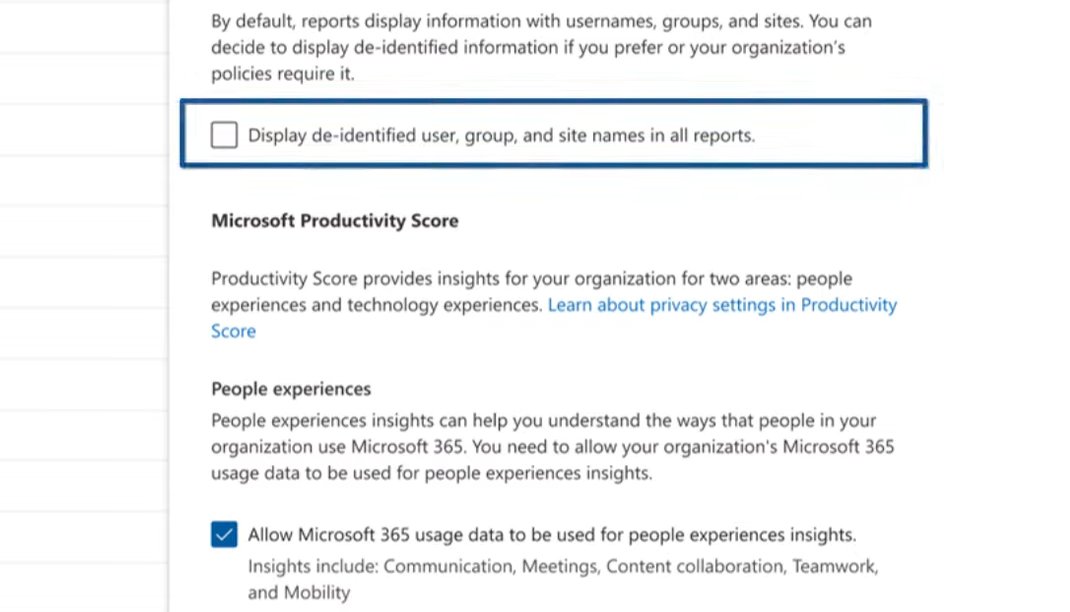
Generally, MS Teams for Education has extensive student monitoring capabilities built in.
Its 'Insights' tool can track which meetings students attend and for how long, what tabs they view, if they open files, post messages, reply or react with emojis.
edudownloads.azureedge.net/msdownloads/Mi…
Its 'Insights' tool can track which meetings students attend and for how long, what tabs they view, if they open files, post messages, reply or react with emojis.
edudownloads.azureedge.net/msdownloads/Mi…
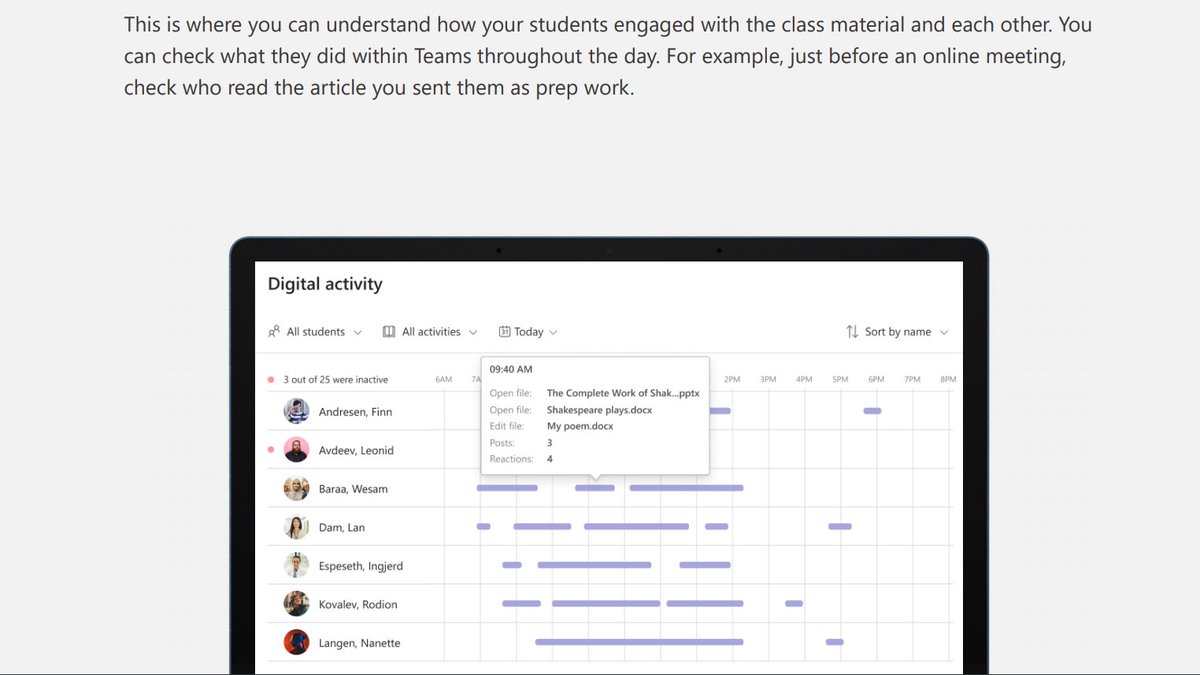
The road to always-on surveillance hell is paved with good intentions.
"We collect data for Insights when Education Analytics is turned on for the tenant"
"By default, Education Analytics is turned On"
docs.microsoft.com/en-us/microsof…
"By default, Education Analytics is turned On"
docs.microsoft.com/en-us/microsof…
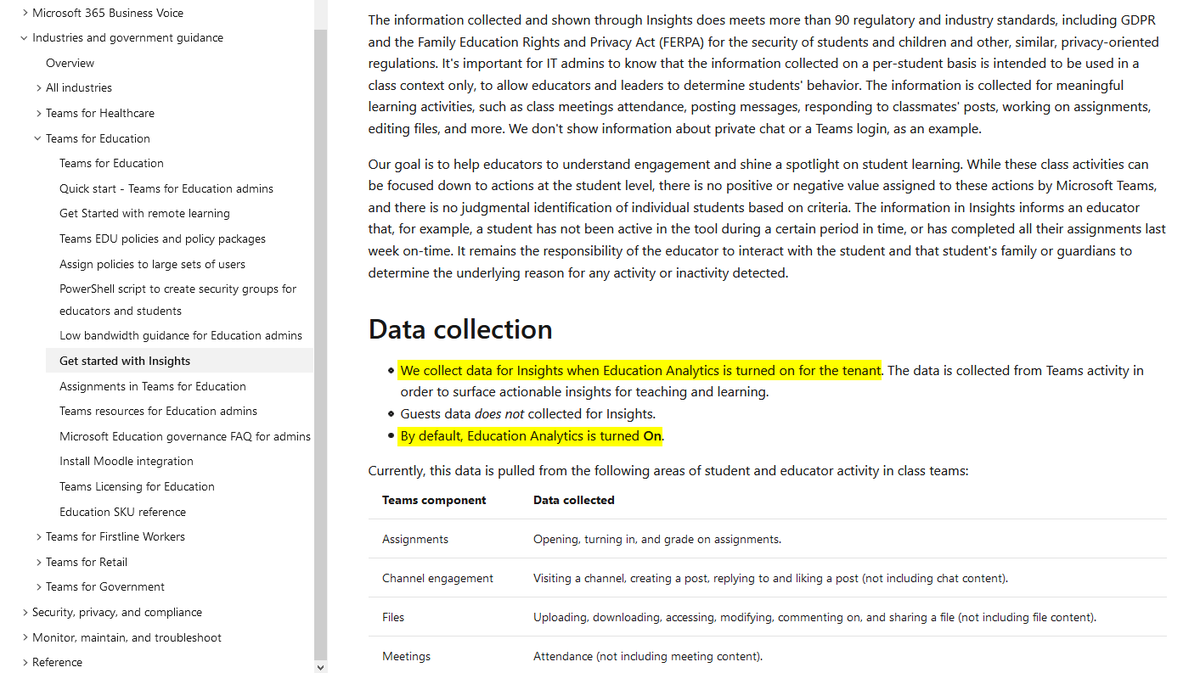
The problem starts when companies are selling the hell out of data/tech solutions without addressing ANY pitfalls let alone doing broader impact assessments.
Like in this 2017 Microsoft whitepaper on 'Education Analytics':
pulse.microsoft.com/uploads/prod/2…
'Teacher effectiveness', sure.
Like in this 2017 Microsoft whitepaper on 'Education Analytics':
pulse.microsoft.com/uploads/prod/2…
'Teacher effectiveness', sure.
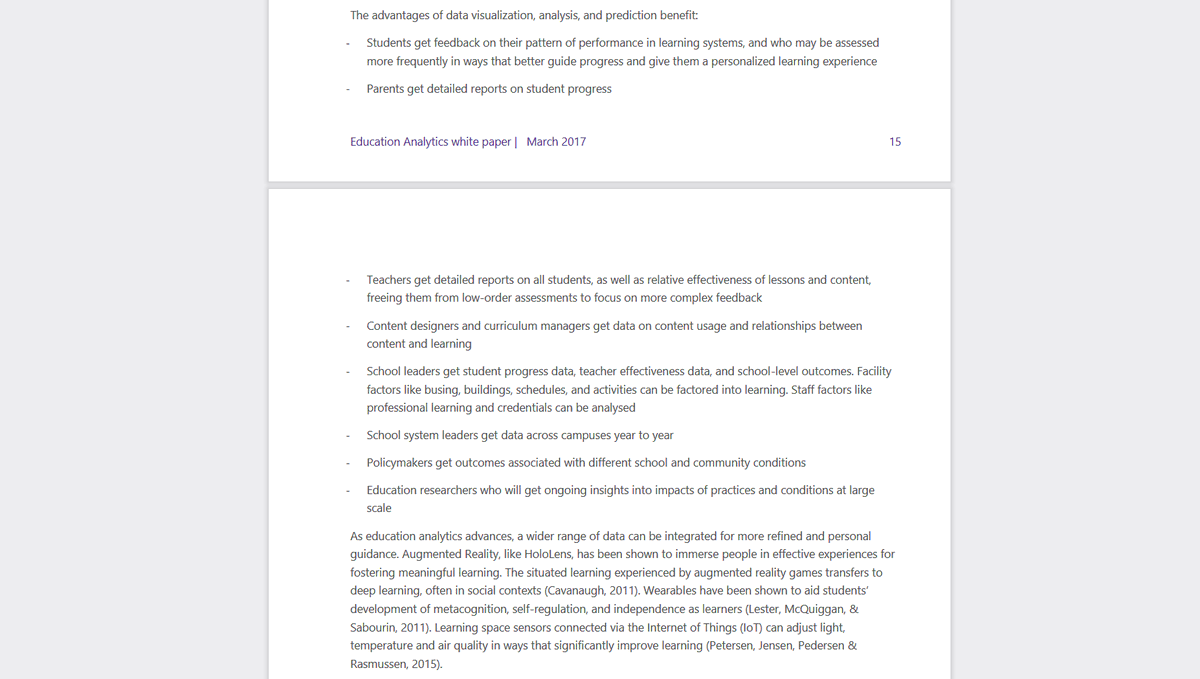
"Spotlight cards cut through the data to automatically show you trends, habits, and behaviors of students in your class. This helps to show new views of classroom activity that may not have been visible before"
MS introduced those features only recently:
techcommunity.microsoft.com/t5/education-b…
MS introduced those features only recently:
techcommunity.microsoft.com/t5/education-b…
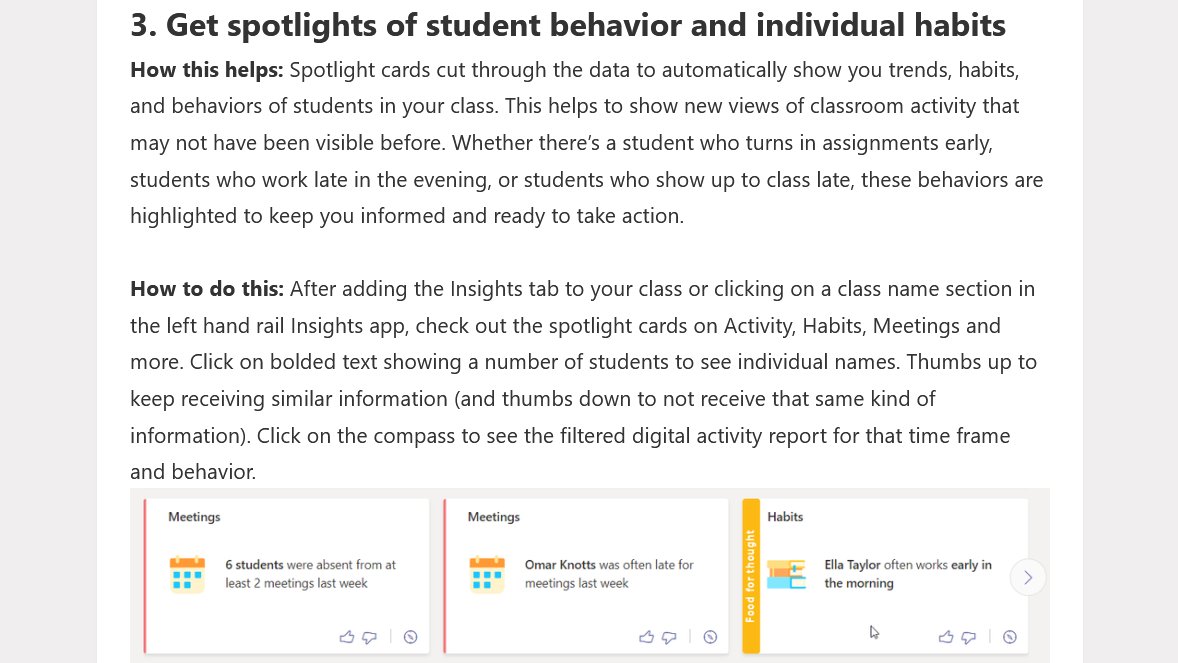
Also, why does MS state in its "Educator's guide to Insights in Microsoft Teams" that reports do not include "personal data", when they clearly do?
This is misleading. Even more so as MS boasts of "90" privacy standards and the GDPR in the next paragraph.
support.microsoft.com/en-us/office/e…
This is misleading. Even more so as MS boasts of "90" privacy standards and the GDPR in the next paragraph.
support.microsoft.com/en-us/office/e…
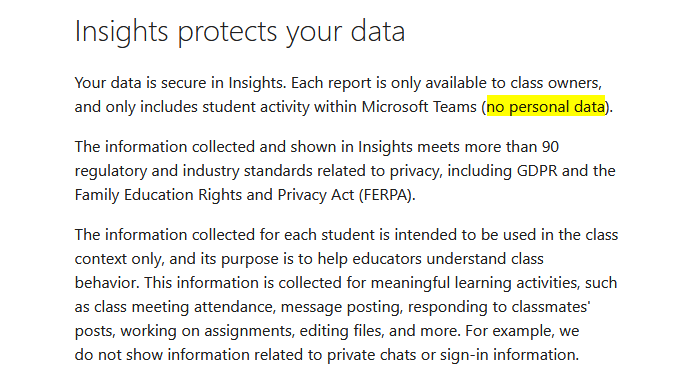
The latter is not a minor issue.
Stating that there is 'no personal data' in the reports when personal data (under almost any definition) is actually all over them …this is meant to appease educators + doesn't happen by accident.
I'm sorry but this is corporate misinformation.
Stating that there is 'no personal data' in the reports when personal data (under almost any definition) is actually all over them …this is meant to appease educators + doesn't happen by accident.
I'm sorry but this is corporate misinformation.
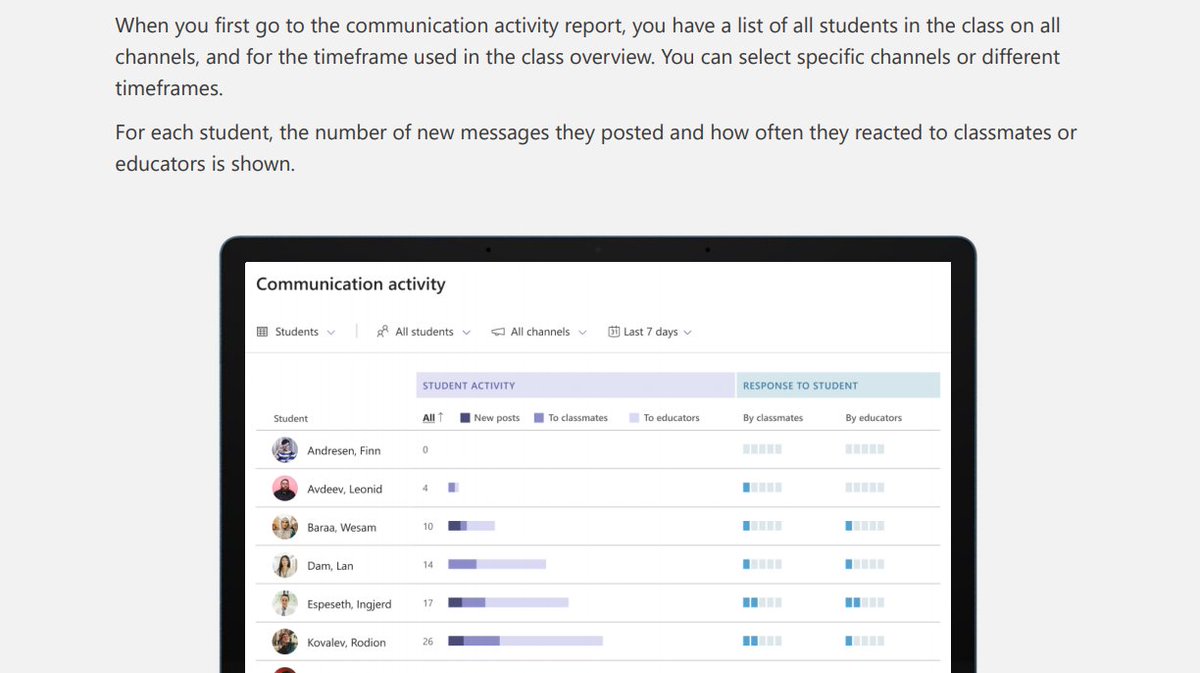
So, what are the issues?
- Microsoft introduces a reporting tool that touches on the private lives of students
- It is turned on by default, and thus helps to further normalize student monitoring
- It encourages teachers to rely on data rather than on interpersonal communication
- Microsoft introduces a reporting tool that touches on the private lives of students
- It is turned on by default, and thus helps to further normalize student monitoring
- It encourages teachers to rely on data rather than on interpersonal communication
- Some reports seem to be crude (e.g. overly precise)
- There are no options to fine tune what is being reported
- There are no resources that assess the impact on students, discuss concerns or encourage responsible use
- Microsoft uses misleading language to appease educators
- There are no options to fine tune what is being reported
- There are no resources that assess the impact on students, discuss concerns or encourage responsible use
- Microsoft uses misleading language to appease educators
Not least, I doubt that 'Insights' as described by MS materials can be legally used under the GDPR.
Of course, teachers need tools to take care of students under pandemic conditions. In a responsible way. But providing such tools is a slippery slope. And Microsoft failed, again.
Of course, teachers need tools to take care of students under pandemic conditions. In a responsible way. But providing such tools is a slippery slope. And Microsoft failed, again.
And of course, MS is not alone. There are other vendors, both small and very large, who provide educational technology and learning analytics based on invasive student monitoring, irresponsible tech solutionism and/or flawed metrics aka 'quantify everything no matter how stupid'.
Oh, I forgot to mention, Microsoft Teams for Education also knows what students are doing at the weekend.

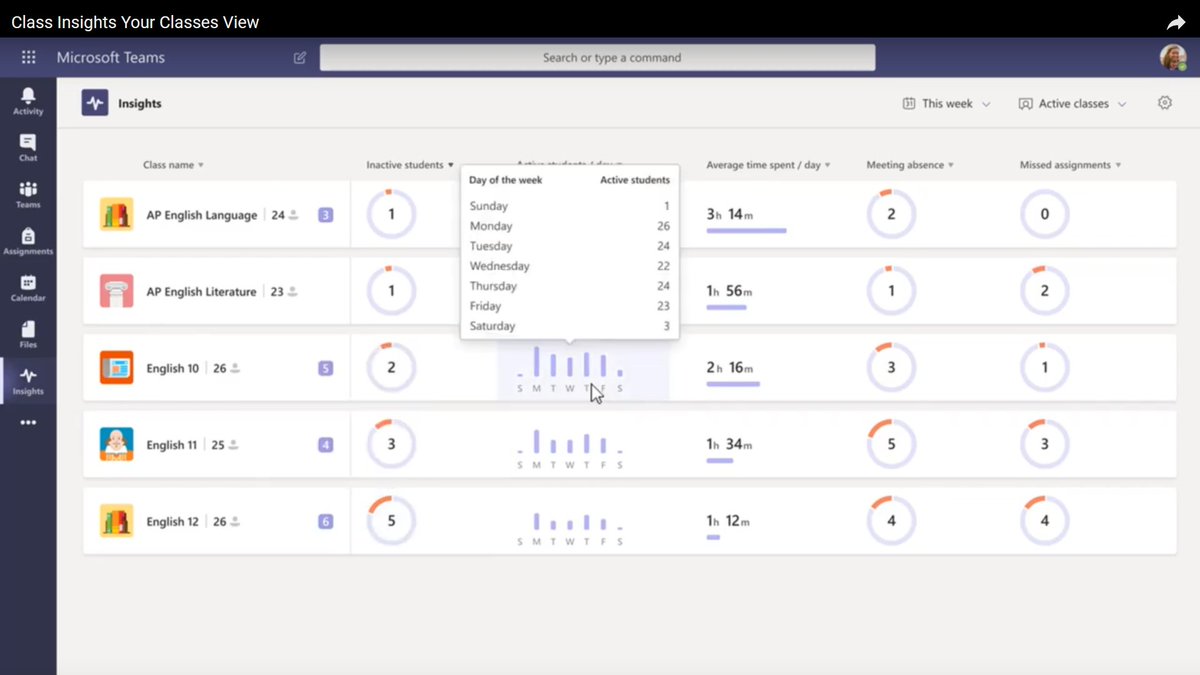
User interface in German language:
https://twitter.com/phwampfler/status/1338438706684899329
• • •
Missing some Tweet in this thread? You can try to
force a refresh
